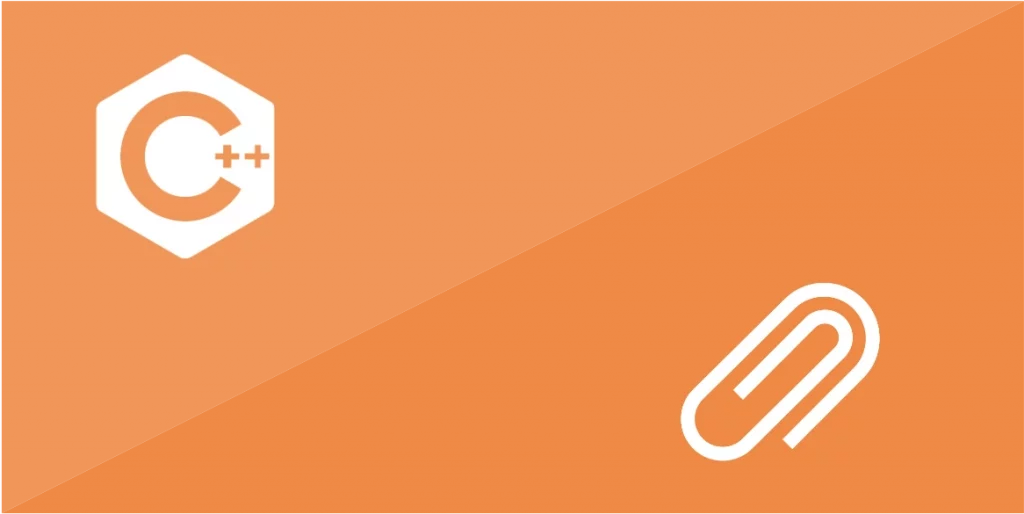Welcome to “Mastering File Operations in C++,” a comprehensive online course designed to empower you with the essential skills to efficiently manage file input and output (I/O) operations in C++. File handling is a fundamental part of programming, and understanding it thoroughly is crucial for developing robust, data-driven applications. This course will guide you through the core aspects of file operations, providing practical knowledge and hands-on examples to equip you with the ability to manage files effectively in C++.
What You Will Learn
In this course, you will learn the foundational principles of file handling in C++:
- Introduction to File Operations in C++: Begin your journey with an understanding of why file operations are crucial and how they enable applications to persist data. Get introduced to C++ file streams and learn the differences between text files and binary files, and how C++ handles them through its standard libraries.
- Input/Output with Files: Explore the basics of file I/O in C++ and understand how to interact with files using file streams.
- Write to File (ofstream): Learn how to open files in write mode and write data to them using
ofstream. This section will cover techniques for creating new files and overwriting existing ones with new data. - Read from File (ifstream): Understand how to open files in read mode and read their contents using
ifstream. Learn to read data line-by-line, character-by-character, and in different data formats. - Read and Write (fstream): Discover the versatility of
fstreamfor handling both reading and writing in the same file. Learn how to use the appropriate modes to read and write data efficiently.
- Write to File (ofstream): Learn how to open files in write mode and write data to them using
- Text Files: Delve into the specifics of handling text files in C++. Learn about character encoding, line endings, and other nuances of managing textual data efficiently.
More Code Examples
- C++ File Operations: Check if Two Files Have the Same Content: Implement a program to compare two files byte by byte to determine if they contain identical data.
- C++ File Operations: Read the File Size and Type of an Image: Learn to read and understand file metadata, such as size and type, to manage and process images effectively.
- C++ File Operations: Copy the File Name and Content of 10 Files into Another: Understand how to copy the names and contents of multiple files into a single file for data aggregation or backup purposes.
Join us on this journey to master file operations in C++ and gain the skills necessary to build applications that handle data efficiently and effectively!



